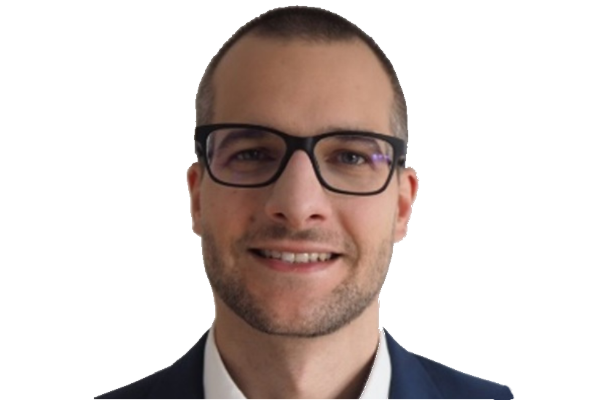Weronika has long wanted to study medicine and become a doctor. A month before her final exams, she changed her mind. Today he works as a Junior Scrum Master and studies psychology simultaneously. How does she like her current job? What was the biggest challenge while studying for the course? What professional development advice would she share with young people? Read the interview and learn about Weronika's story.
You have been a first-year psychology student since October. At the end of the summer holidays, you started the course, Scrum Master. Where did this decision come from?
As a student, I had a plan for a long time that I would go to medicine. A month before graduation, I changed my mind and decided I did not want to be a doctor. I was thinking about studying at the University of Technology. Still, finding a direction that would guarantee me an enjoyable professional future, attractive earnings, and related to what I like to do was challenging. Then I decided to go to college and start working at the same time. I chose psychology because it is helpful in many fields - private and professional. I was thinking about various possibilities when it came to working and decided that I would learn to program. I watched the courses and tried to learn independently, but I didn't understand much. This is how I got to Future Collars. I did a predisposition test, after which my advisor called me. He introduced me to the variety of roles in IT and helped me match my strengths and areas that I like to deal with to a specific profession - Scrum Master.
What did you think about the prospect of becoming a Scrum Master?
I found it to be a brilliant idea and the profession of Scrum Master suits me very well. In my private life, I like to organize, plan and coordinate various processes in a short time, and when I found out that you can do it professionally, I was delighted. I attended the course to learn more and gain the necessary knowledge.
How do you remember learning during the course? What was the biggest challenge during it?
I had no IT knowledge or professional experience, so the most challenging thing was understanding the IT and Scrum vocabulary and abbreviations in the course. To get my bearings in this area, I read a lot of blogs about Scrum, listened to podcasts, and read about it on the Internet. After some time, I understood more, and by the end of the training, I was already familiar with Scrum and had systematic knowledge.
Was the knowledge gained during the course enough to feel confident in the new duties and find a job?
The course provides a foundation on which to build on later work. While preparing the final project in Jira, we could see how our knowledge works in practice. The ability to use project management programs, which I acquired during the Bootcamp, is helpful in my daily work.
Where are you currently working, and what do you do as a Junior Scrum Master?
For 1.5 months, I have been working at Trans.eu - a technology company, one of Europe's most important transport exchanges. My job is coordinating the work between the three teams, fixing bugs, and solving reported problems.
How do you combine full-time work with part-time studies?
Working in IT gives you the option of flexible working hours and adapting them to your needs. Studying also makes it easier for me to work remotely. When I have a break between meetings and no urgent tasks are waiting, I can review the study materials and study.
How long did you look for a job, and how do you remember that period?
When I was looking for a job, I had just graduated from high school and had no work experience, so I was worried about finding a job and how long it would take. Initially, I only applied for the position of Junior Scrum Master. Later, I opened up to offers where I did not meet all the requirements or where several years of experience were expected. I also responded to announcements regarding the position of Project Manager or IT internships. Finding a job was time-consuming. I responded to about 100 offers and had a moment of doubt. Then the company for which I work contacted me. After 1.5 months of searching, I got a job.
How do you evaluate the decision to join the course in retrospect?
It was the best decision of my life. If I went to medical college, I wouldn't be happy. Some people live from the weekend to the weekend, and it is only on Friday after work that I realize it is already the weekend. It's a fantastic feeling to do incredible things at work that I enjoy. In addition, I am happy to work from home and have flexible working hours. When I have to do something, and I'm not working with the team, I can finish early and make up for work, for example, in the evening.
What advice on professional development would you give young people and students?
I would advise them to look for their first job or internship in college. This will allow them to look at how a given company operates and what the job in the position that interests them looks like in practice. Thanks to this, they will have a chance to see if the chosen field of study is the same as what they want to do professionally. I would also encourage you not to get discouraged when we do not meet all the requirements included in the job offer and still apply.







